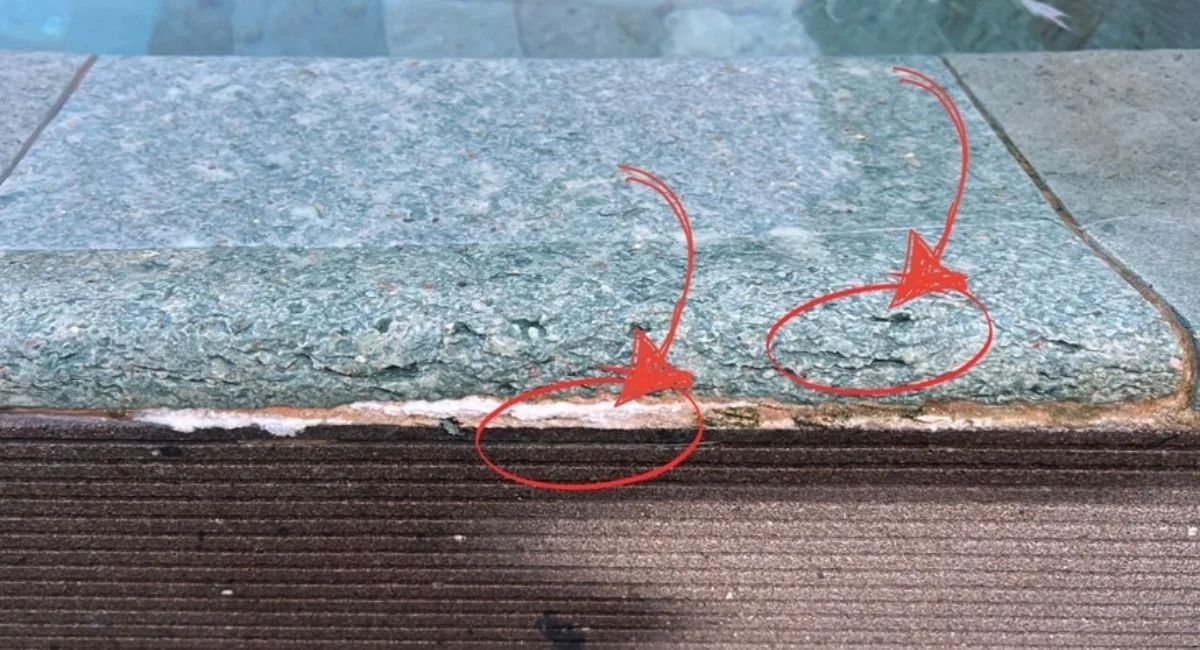
A pool is not just an architectural feature—it’s also a reflection of lifestyle. That’s why your choices should strike the perfect balance between visual appeal and functionality.
Especially when it comes to flooring and surrounding surfaces, the material used defines not only the visual perception but also the long-term performance. Therefore, when deciding between natural stones that reflect the elegance of nature and porcelain tiles crafted with modern technology, the attention you pay to detail determines the character of your project. So, which one best suits the identity of your pool? We’ve gathered the answers for you:
What Is Natural Stone?
The materials used in pool architecture are not just surfaces—they offer an experience. In this context, natural stone is formed over thousands of years and obtained from rocks, each with its own unique texture. Marble’s timeless elegance, granite’s structural strength, and travertine’s warm tones are among the most well-known examples of this material.
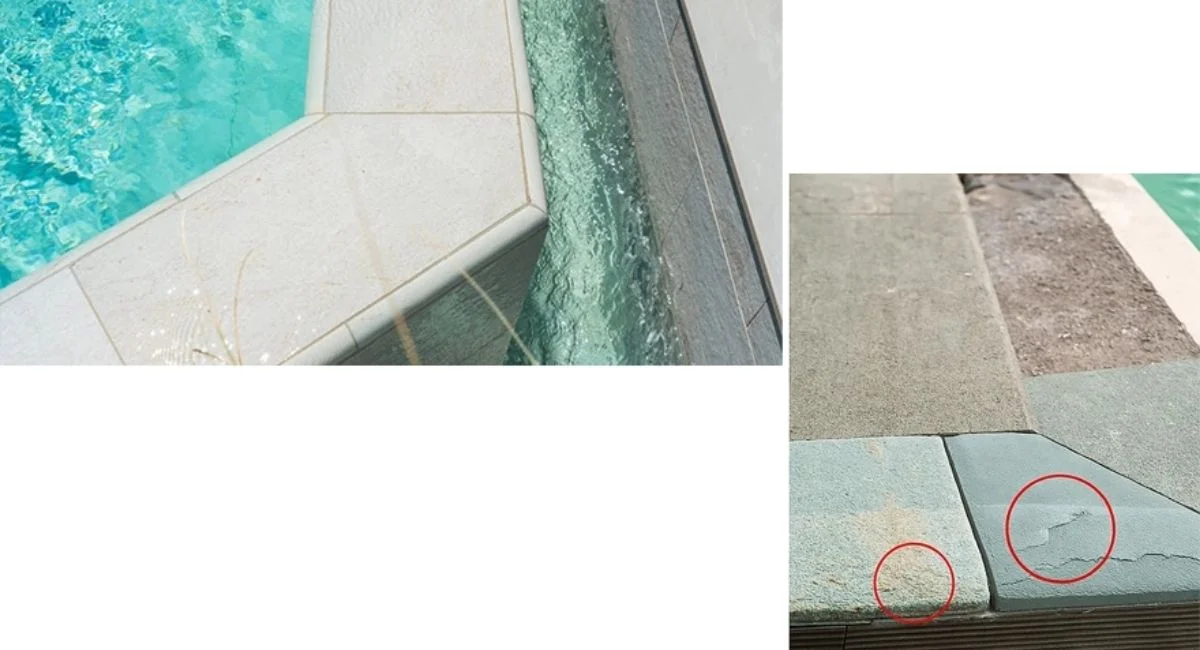
What Is Porcelain Tile?
Porcelain tile is a surface solution where aesthetics meet advanced technology. Fired at high temperatures, this material is compact, waterproof, and highly resistant to abrasion. That makes it an essential element of outdoor luxury in architectural design.
Features of Natural Stones
• Aesthetic Appeal: Natural stones offer great visual charm with their unique veining and color tones. They bring a sense of natural elegance to the poolside.
• Durability: Some types, like granite, are highly durable. However, natural stones are generally porous and absorb water quickly. These features require careful consideration in both aesthetic preferences and maintenance processes.
Features of Porcelain Tiles
Porcelain tiles, produced with special techniques, offer superior resistance to moisture and chemicals. Their non-porous surface prevents staining, providing a major advantage in terms of hygiene and cleanliness. As a result, they ensure long-lasting visual and technical performance.
• Longevity: Porcelain tiles can outperform natural stones in terms of durability. They are highly resistant to high temperatures, chemicals, and water.
• Easy Maintenance: The surface of porcelain tiles resists dirt and stains, making them extremely easy to clean.
• Wide Range of Colors and Patterns: Porcelain tiles come in a variety of colors and patterns, making them ideal for those seeking a modern design aesthetic.
• Slip Resistance: Thanks to their matte and textured surfaces, porcelain tiles reduce the risk of slipping, making them safe for wet areas.
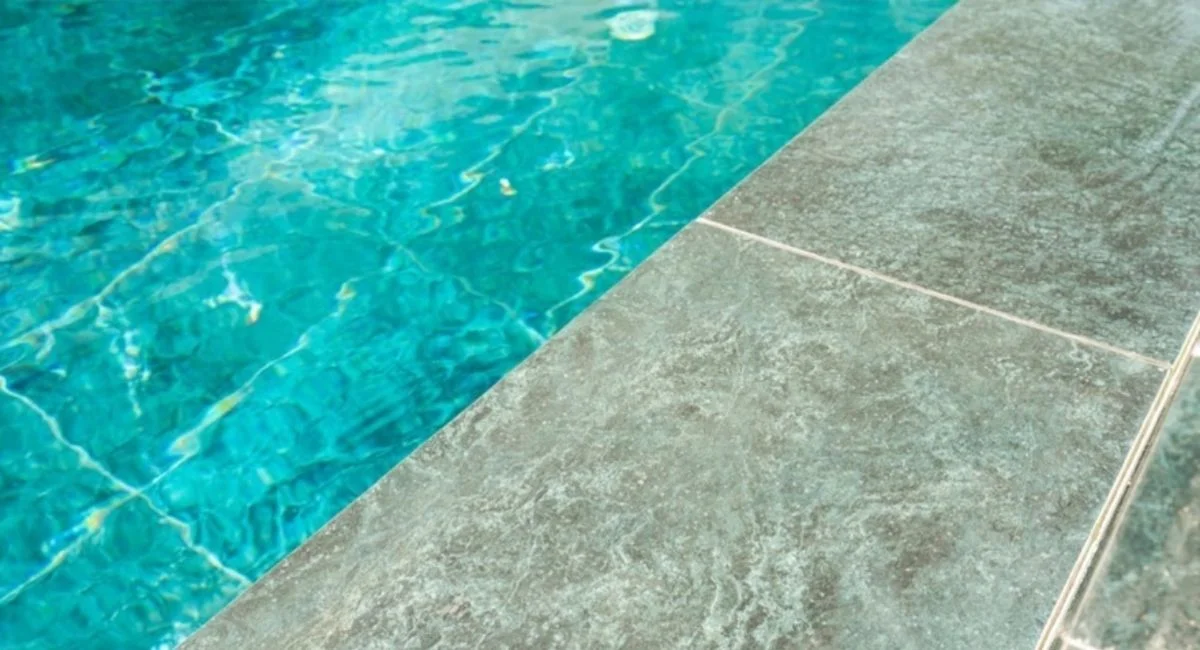
Porcelain Tile Use in Pools: Modern and Functional Solutions
Porcelain tiles combine functionality and elegance, especially in contemporary pool designs. Their high durability makes them ideal for both the interior and surroundings of a pool. They can be used confidently in both indoor and outdoor spaces.
With versatile design options, they allow for cohesion across different concepts. Their hygienic structure, ease of cleaning, and safe textured surfaces enhance the user experience. In short, they’re a flawless choice for those looking to blend modern architecture with sustainable surface performance.
If you're looking for aesthetics, safety, and long-lasting quality in your pool projects, discover Serapool’s porcelain tile collection—featuring inspiring textures, time-defying surfaces, and designs that add value to your architecture.
Frequently Asked Questions
Which lasts longer—natural stone or porcelain tile?
Porcelain tiles are generally more long-lasting than natural stone. They’re more resistant to water, chemicals, and impacts.
Which material is safer around the pool in terms of slip resistance?
Porcelain tiles are typically safer around pools due to their matte and textured surfaces, which minimize slipping.
Which material is easier to maintain?
Porcelain tiles are the easiest material to clean and maintain. Their non-porous surface doesn’t absorb stains and requires no special maintenance. Natural stones—especially marble—may need regular care and special cleaning products.
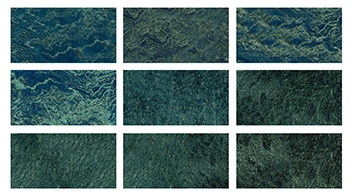
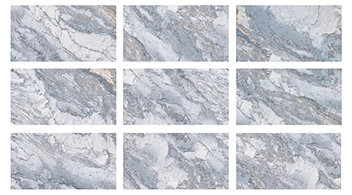
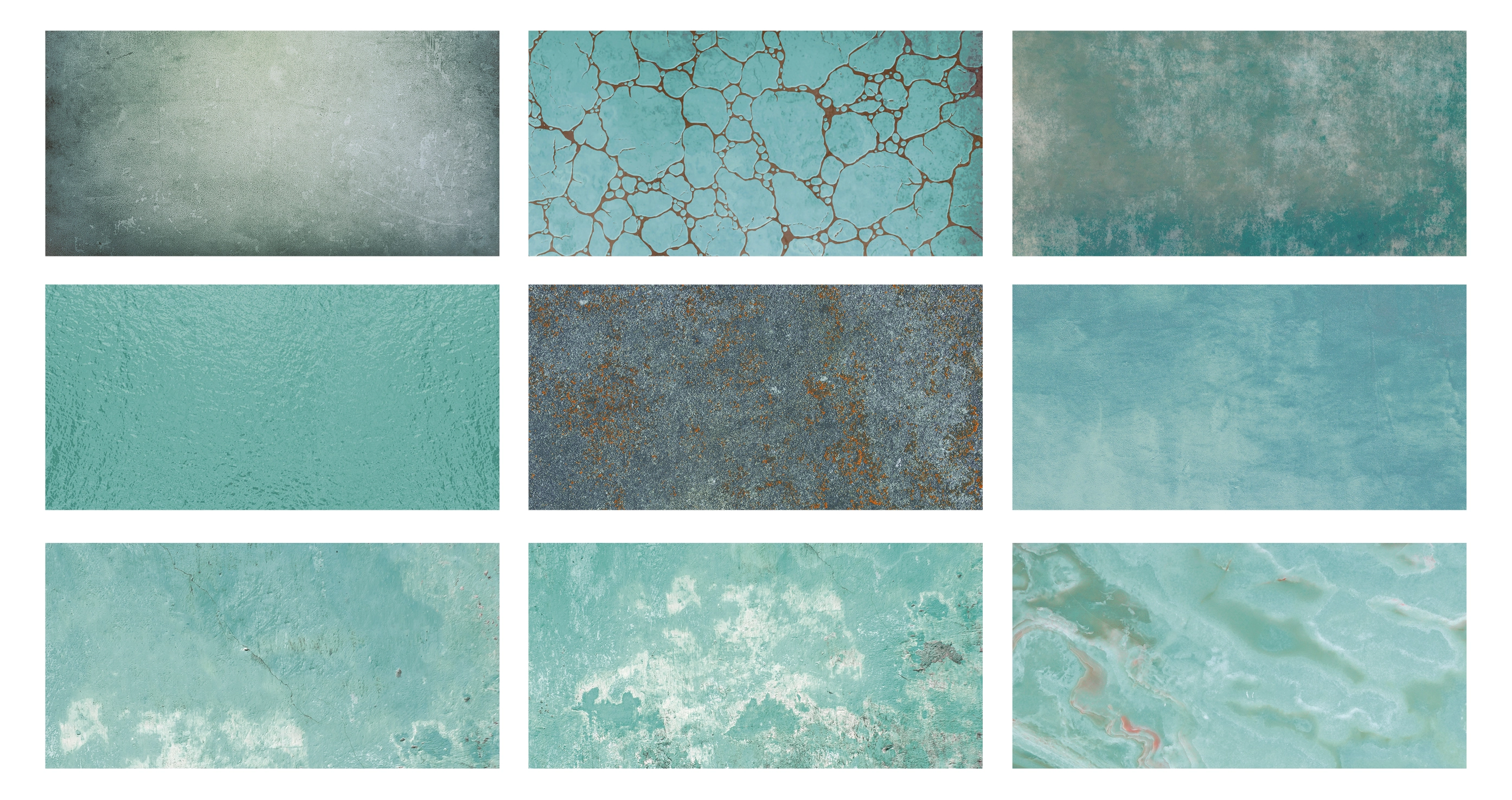
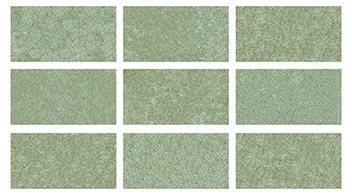
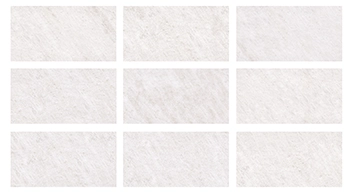
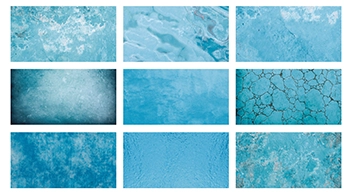
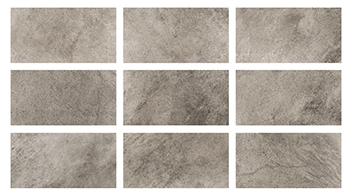
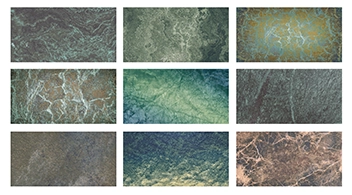
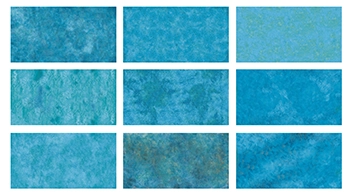
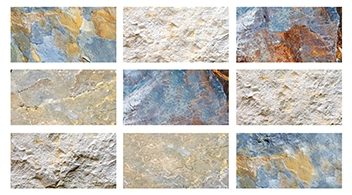
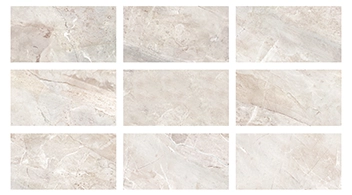
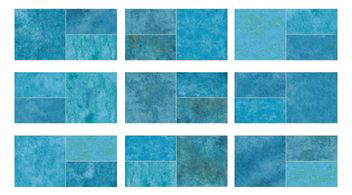
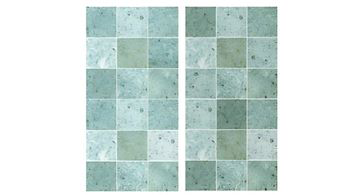

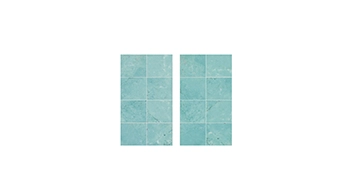

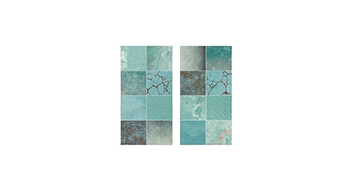
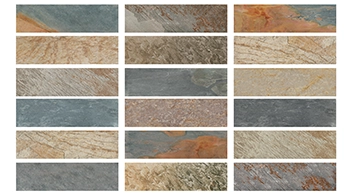
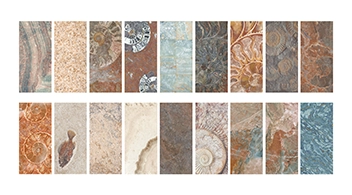

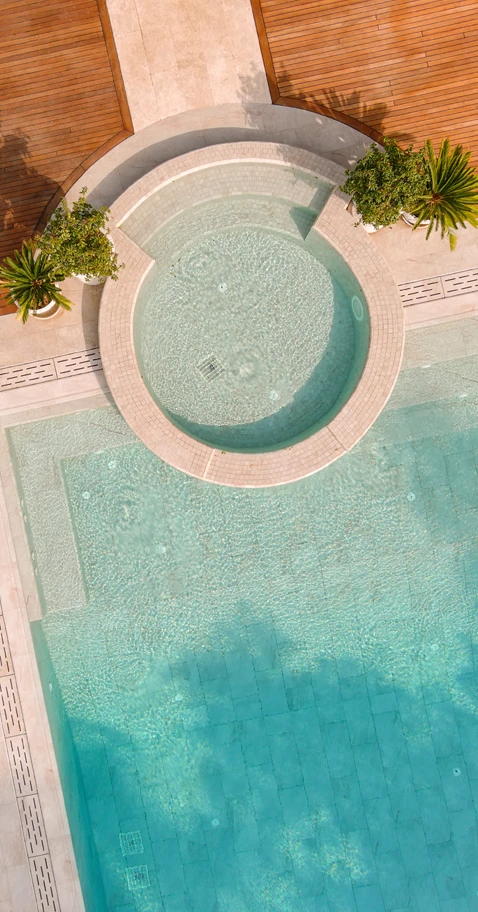




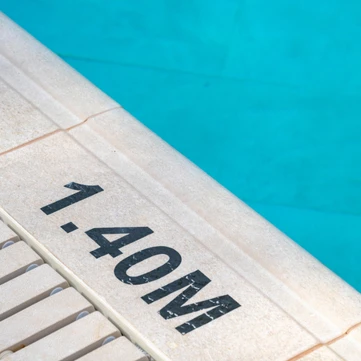

.webp)